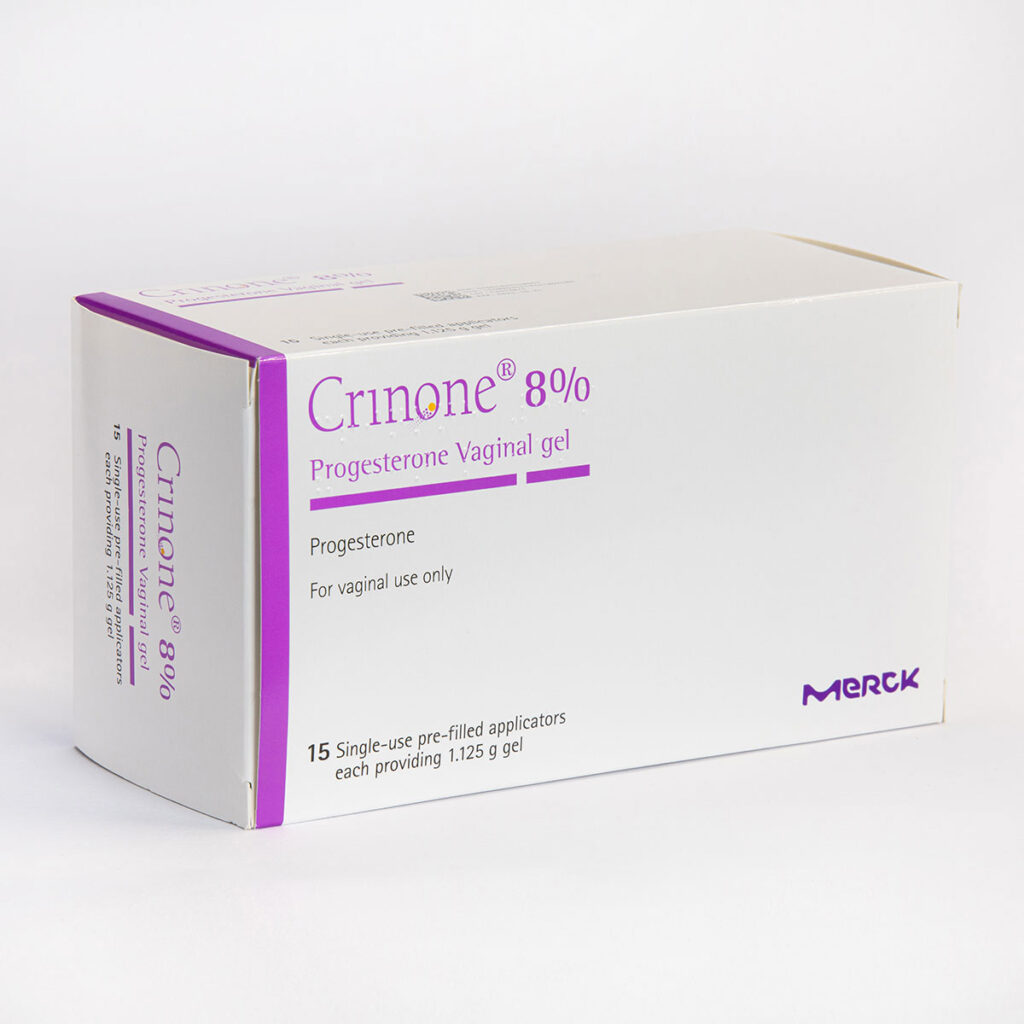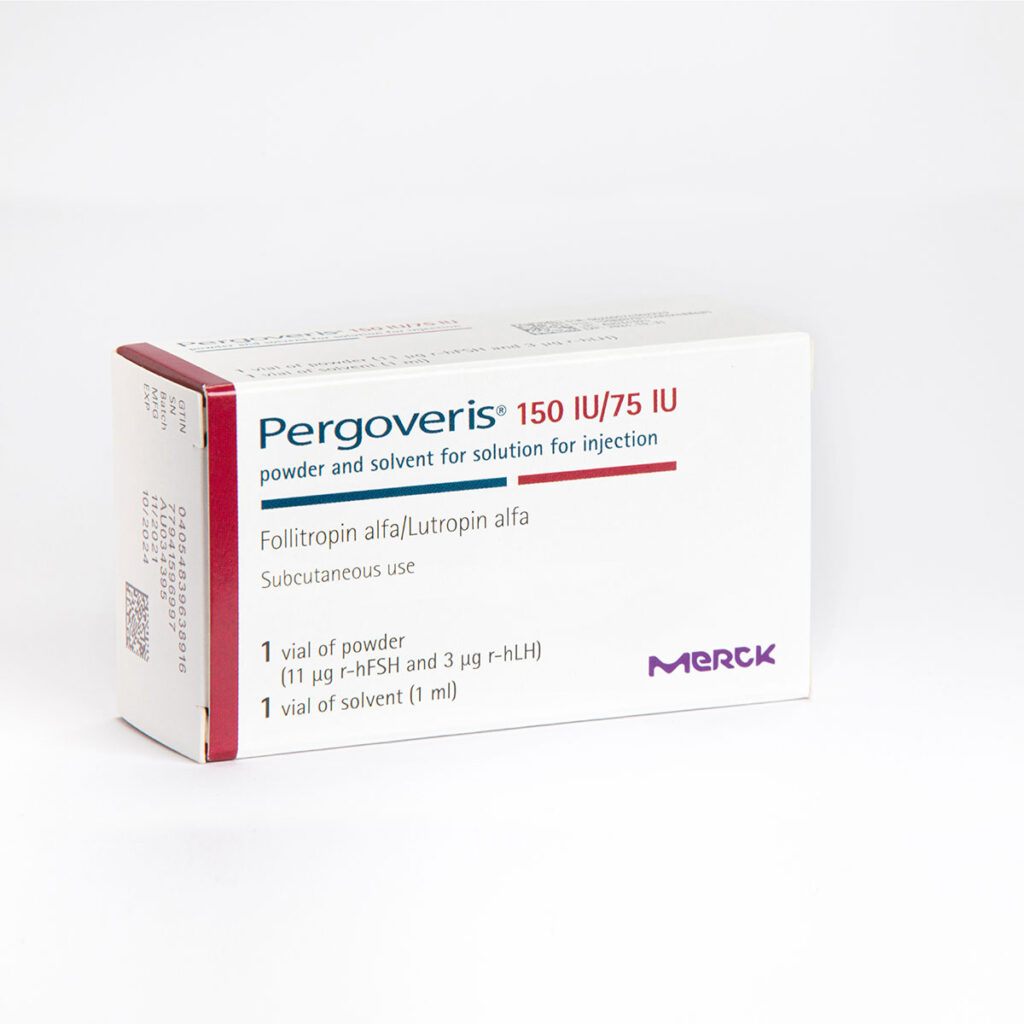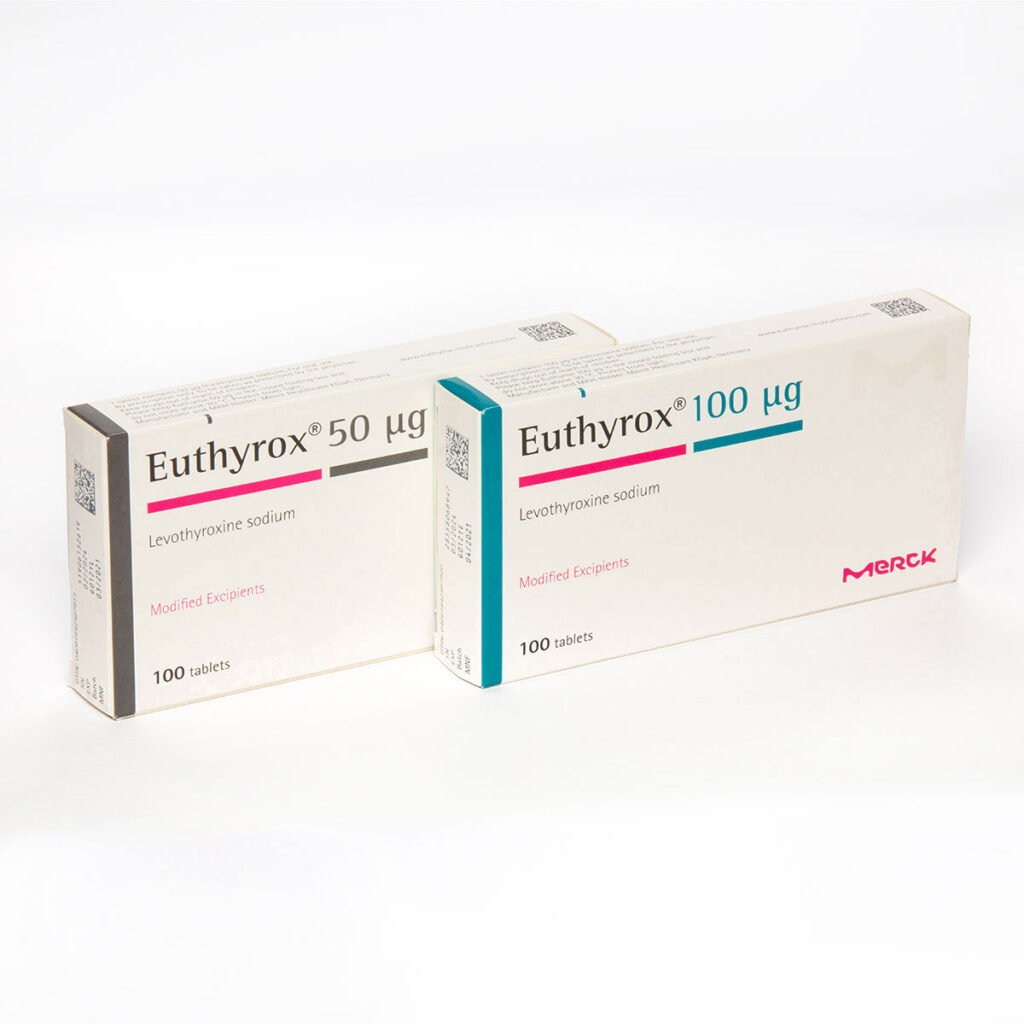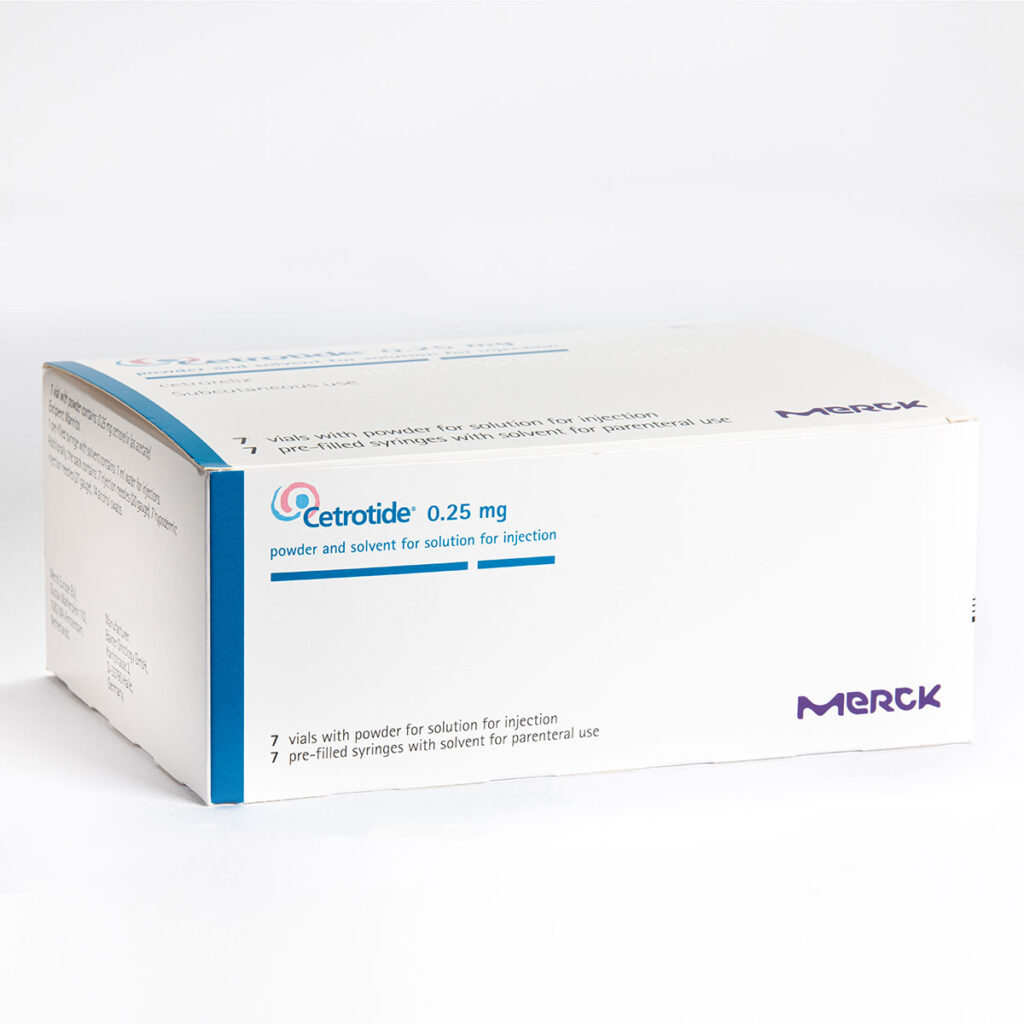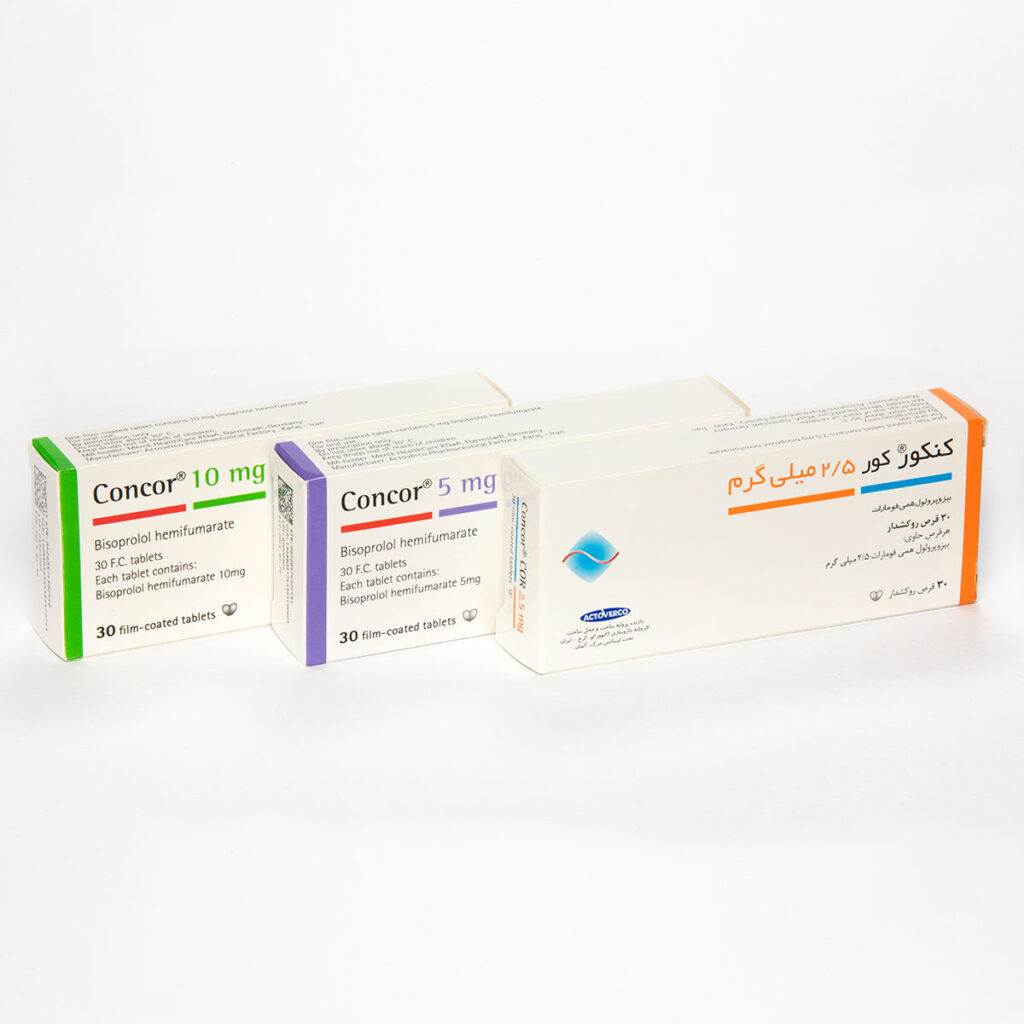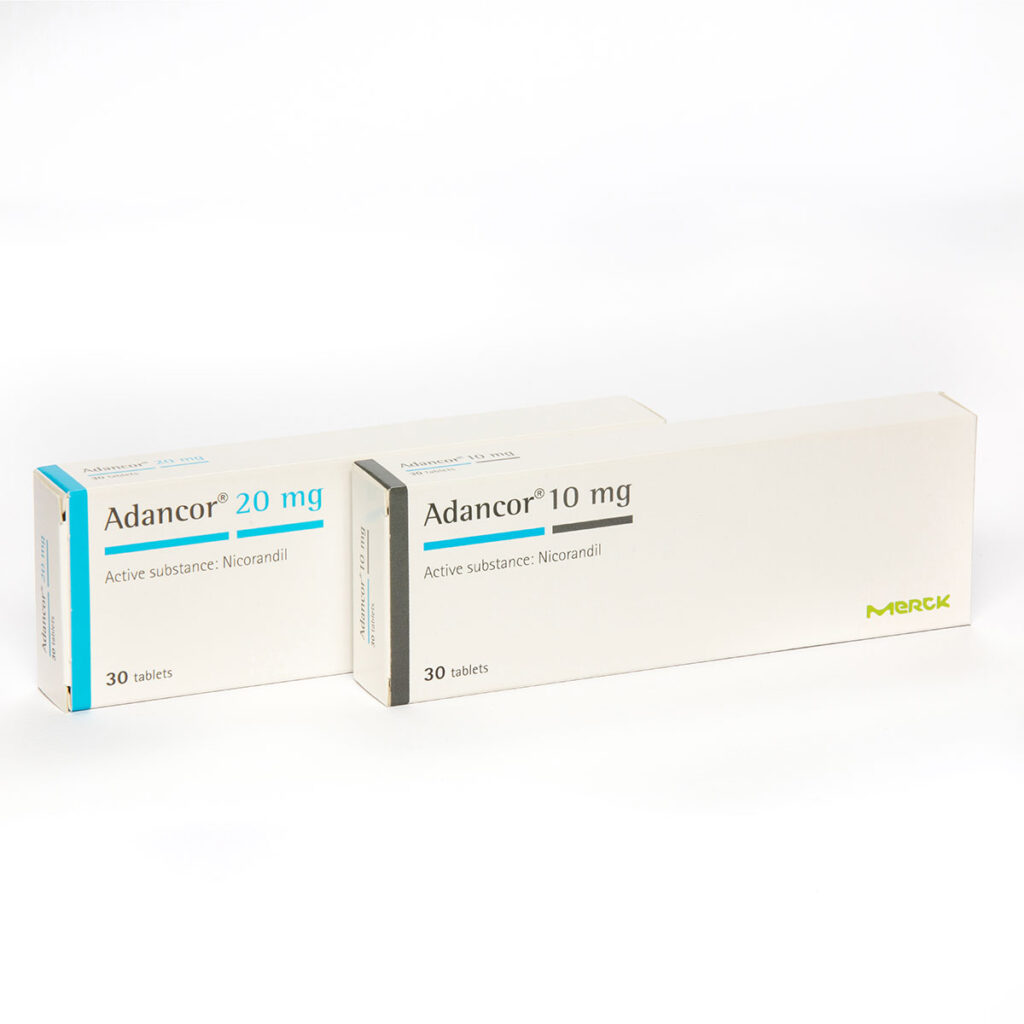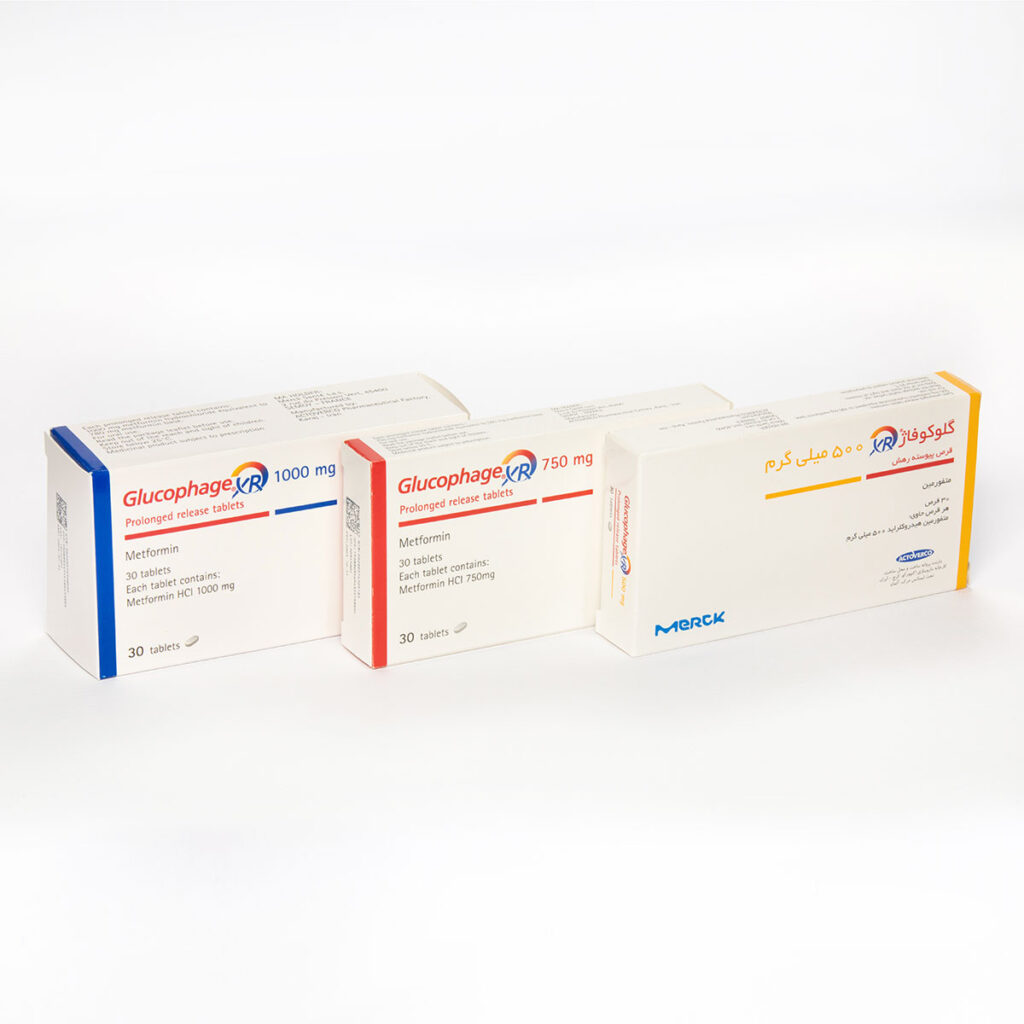Recombinant human chorionic gonadotropin (Ovitrelle)
Category: Merck Products
Product Description:
Ovitrelle induces ovulation in infertile females who have been pretreated with follicle-stimulating hormones (FSH); induces ovulation and pregnancy in infertile females when the cause of infertility is functional.
Product Introduction
Dosage form:
Injectable syringe, Subcutaneous: 250 MCG/0.5ML
What is Ovitrelle used for?
- It is used to help people get pregnant.
- It may be given to you for other reasons. Talk with the doctor.
Important notes before taking Ovitrelle:
- If you are allergic to this drug, any part of this drug, or any other drugs, foods, or substances. Tell your doctor about the allergy and what signs you had.
- If you have any of these health problems: Adrenal gland disease, brain tumor, pituitary gland disease, or thyroid gland disease.
- If you have any of these health problems: A tumor in your female organs, enlarged ovaries or ovarian cysts, or vaginal bleeding where the cause is not known.
- If your ovaries no longer make eggs (primary ovarian failure).
- If you are pregnant or may be pregnant. Do not take this drug if you are pregnant.
This is not a list of all drugs or health problems that interact with this drug.
Tell your doctor and pharmacist about all of your drugs (prescription or OTC, natural products, vitamins) and health problems. You must check to make sure that it is safe for you to take this drug with all of your drugs and health problems. Do not start, stop, or change the dose of any drug without checking with your doctor.
Important notes while taking Ovitrelle:
Tell all of your healthcare providers that you take this drug. This includes your doctors, nurses, pharmacists, and dentists.
- Have blood work checked as you have been told by the doctor. Talk with the doctor.
- This drug may affect certain lab tests. Tell all of your healthcare providers and lab workers that you take this drug.
- This drug may raise the chance of getting pregnant with more than one baby.
- Blood clots have happened with this drug. Tell your doctor if you have ever had a blood clot. Talk with your doctor.
- This drug may raise the chance of very bad side effects like enlarged ovaries and ovarian cysts that burst. Rarely, these effects have been deadly. Talk with the doctor.
- This drug may raise the chance of twisting of the ovaries (ovarian torsion) in people with some health problems. This can cause blood flow to the ovary to be cut off. Talk with the doctor.
- Limit working out while undergoing ovarian stimulation. Talk with your doctor.
- This drug may cause harm to the unborn baby if you take it while you are pregnant. If you are pregnant or you get pregnant while taking this drug, call your doctor right away.
- Tell your doctor if you are breast-feeding. You will need to talk about any risks to your baby.
Ovitrelle side effects:
WARNING/CAUTION: Even though it may be rare, some people may have very bad and sometimes deadly side effects when taking a drug. Tell your doctor or get medical help right away if you have any of the following signs or symptoms that may be related to a very bad side effect:
- Signs of an allergic reaction, like rash; hives; itching; red, swollen, blistered, or peeling skin with or without fever; wheezing; tightness in the chest or throat; trouble breathing, swallowing, or talking; unusual hoarseness; or swelling of the mouth, face, lips, tongue, or throat.
- Weakness on 1 side of the body, trouble speaking or thinking, change in balance, drooping on one side of the face, or blurred eyesight.
- Call your doctor right away if you have signs of a blood clot like chest pain or pressure; coughing up blood; shortness of breath; swelling, warmth, numbness, change of color, or pain in a leg or arm; or trouble speaking or swallowing.
- Ovarian hyperstimulation syndrome (OHSS) is a severe side effect that may happen in some people who use this drug. Call your doctor right away if you have severe stomach pain or bloating; a very upset stomach, throwing up, or diarrhea; a big weight gain; shortness of breath; or a change in how much urine is passed.
All drugs may cause side effects. However, many people have no side effects or only minor side effects. Call your doctor or get medical help if any of these side effects or any other side effects bother you or do not go away:
- Pain where the shot was given.
- Bruising where the shot is given.
These are not all of the side effects that may occur. If you have questions about side effects, call your doctor. Call your doctor for medical advice about side effects.
You may report side effects to your national health agency.
How is this drug best taken?
Use this drug as ordered by your doctor. Read all information given to you. Follow all instructions closely.
- It is given as a shot into the fatty part of the skin in the belly area.
- If you will be giving yourself the shot, your doctor or nurse will teach you how to give the shot.
- Wash your hands before and after use.
- Do not use if the solution is cloudy, leaking, or has particles.
- Do not use if the solution changes color.
- Each prefilled syringe is for one use only.
- Throw away needles in a needle/sharp disposal box. Do not reuse needles or other items. When the box is full, follow all local rules for getting rid of it. Talk with a doctor or pharmacist if you have any questions.
What do I do if I miss a dose?
Call your doctor to find out what to do.
How do I store and/or throw out this drug?
- Store in the original container at room temperature or in a refrigerator. If stored at room temperature, throw away any part not used after 30 days.
- Protect from light.
- Keep all drugs in a safe place. Keep all drugs out of the reach of children and pets.
- Throw away unused or expired drugs. Do not flush down a toilet or pour down a drain unless you are told to do so. Check with your pharmacist if you have questions about the best way to throw out drugs. There may be drug take-back programs in your area.



